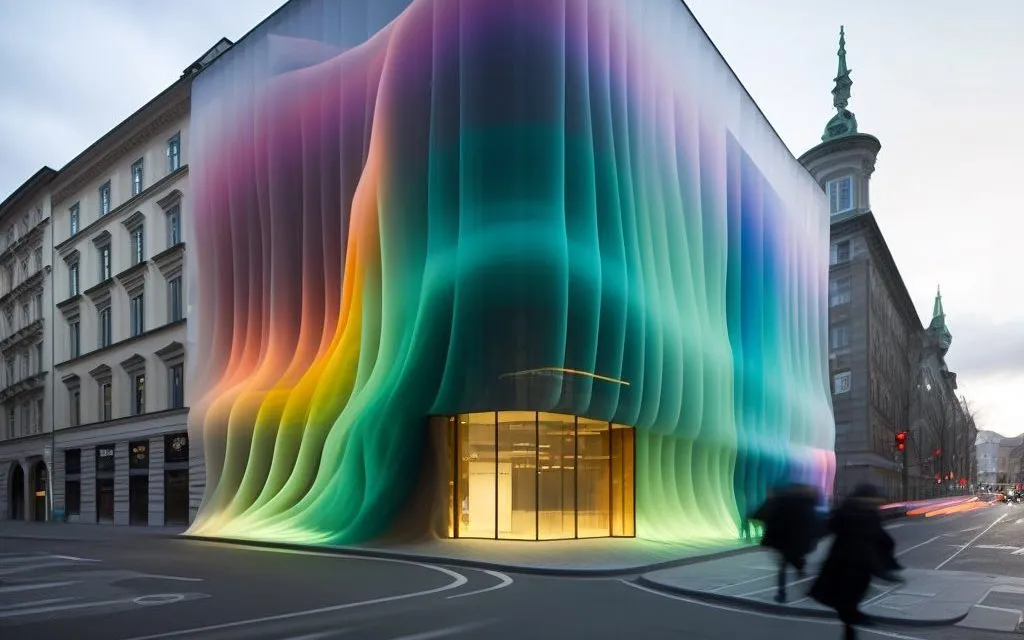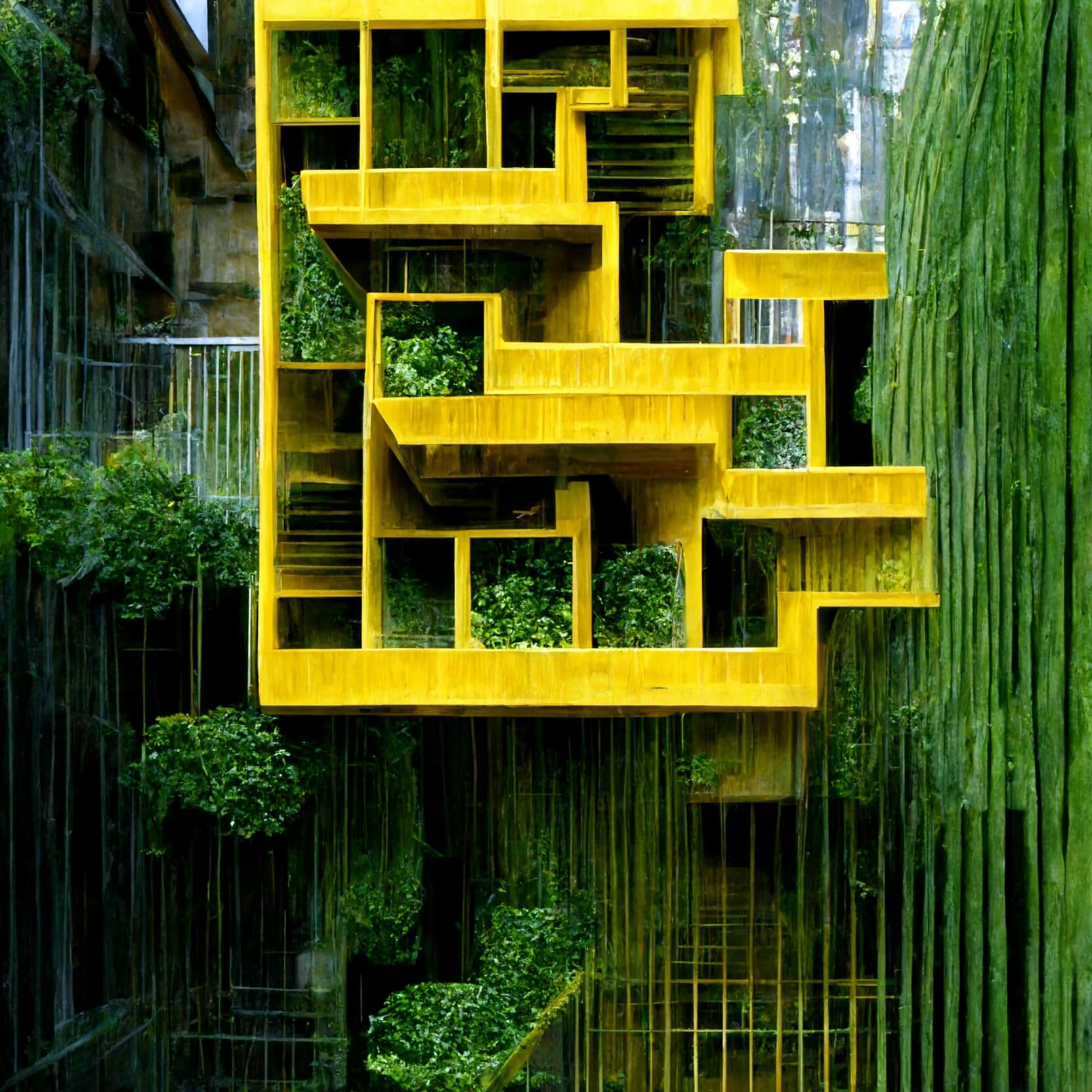- Home
- Articles
- Architectural Portfolio
- Architectral Presentation
- Inspirational Stories
- Architecture News
- Visualization
- BIM Industry
- Facade Design
- Parametric Design
- Career
- Landscape Architecture
- Construction
- Artificial Intelligence
- Sketching
- Design Softwares
- Diagrams
- Writing
- Architectural Tips
- Sustainability
- Courses
- Concept
- Technology
- History & Heritage
- Future of Architecture
- Guides & How-To
- Art & Culture
- Projects
- Interior Design
- Competitions
- Jobs
- Store
- Tools
- More
- Home
- Articles
- Architectural Portfolio
- Architectral Presentation
- Inspirational Stories
- Architecture News
- Visualization
- BIM Industry
- Facade Design
- Parametric Design
- Career
- Landscape Architecture
- Construction
- Artificial Intelligence
- Sketching
- Design Softwares
- Diagrams
- Writing
- Architectural Tips
- Sustainability
- Courses
- Concept
- Technology
- History & Heritage
- Future of Architecture
- Guides & How-To
- Art & Culture
- Projects
- Interior Design
- Competitions
- Jobs
- Store
- Tools
- More
How AI Changing The Game in Architecture?

For the future of architecture, there are several emerging technologies that are poised to transform the way we design, build, and inhabit buildings. Virtual and augmented reality, 3D printing technology, robotics and artificial intelligence are changing the architecture’s future.
How AI Changing the Game?
Architecture, like many other industries, is being transformed by the rapid advancement of artificial intelligence (AI) and related technologies. AI is already being used in various aspects of architecture, from designing buildings to constructing them. However, the potential impact of AI on architecture is much larger and more profound than what we have seen so far. In this article, we will explore the future of architecture in the age of AI and what it means for the profession.

One of the most significant changes that AI will bring to architecture is the automation of design tasks. AI algorithms can analyze vast amounts of data and generate design options that meet specific requirements, such as energy efficiency, sustainability, and structural stability. This can help architects and engineers to save time and reduce errors, as AI can quickly generate and evaluate hundreds of design options that human designers may not have considered. Furthermore, AI can also simulate and predict the behavior of buildings, such as how they will perform under different weather conditions or in response to natural disasters.

Another significant impact of AI on architecture is the optimization of building materials and construction methods. AI can analyze data on material properties, such as strength, durability, and cost, and recommend the most suitable materials for a particular project. AI can also optimize the use of building materials by designing structures that require less material without sacrificing their strength or stability. In addition, AI can assist in the construction process by monitoring the progress of the project and identifying potential issues before they become more significant problems.
AI can also enhance the sustainability of buildings by optimizing their energy consumption and reducing their carbon footprint. For instance, AI can analyze data on a building’s energy usage and recommend ways to improve its efficiency, such as using natural light or installing energy-efficient appliances. AI can also help in the design of buildings that use renewable energy sources, such as solar panels or wind turbines, and reduce their reliance on non-renewable energy sources.

Use of AI in Architecture
The use of AI in architecture also raises important ethical and social questions. For instance, who should be responsible for the decisions made by AI algorithms, and how can we ensure that they are fair and unbiased? Furthermore, AI may replace some of the tasks currently performed by human architects and engineers, potentially leading to job losses and changes in the nature of the profession. Therefore, it is crucial to consider these issues carefully and develop ethical guidelines and regulations that ensure the responsible and equitable use of AI in architecture.
In conclusion, the future of architecture in the age of AI is both exciting and challenging. AI has the potential to revolutionize the way we design, construct, and manage buildings, making them more sustainable, efficient, and resilient. However, it also raises important ethical and social questions that must be addressed. Architects and engineers should embrace the opportunities that AI presents while ensuring that its use is guided by ethical principles and social responsibility. Ultimately, the integration of AI and architecture should lead to the creation of buildings that are not only functional and beautiful but also socially and environmentally responsible.

Integrating AI into the design process can be a significant change for architects who are used to traditional methods of design. Architects need to understand the capabilities and limitations of AI and how it can be integrated into the design process. Education and training programs can provide architects with the necessary knowledge and skills to use AI effectively. They can also learn about the different AI tools available in the market, such as generative design tools, which can help them automate design tasks.
As a beginner of AI, you can start using AI in small projects or specific design tasks, such as analyzing data or generating design options. This allows them to become familiar with AI tools and build confidence in using them.

Submit your architectural projects
Follow these steps for submission your project. Submission FormLatest Posts
Architecture for the Future of Space Based Computing
As global interest in space-based computing grows, architect Pranita Khedkar emphasizes that...
Best Free VPN for PC and VPN Free Trial Options in 2026
Table of Contents Show Why VPNs Are Essential for Today’s PC UsersFree...
Common Challenges in Mechanical HVAC Contracting Projects
Table of Contents Show Project Planning DifficultiesDesign Coordination IssuesBudget ConstraintsScheduling SetbacksPermit and...
Chrysler Building: The Crown Jewel of Art Deco Architecture
Discover the Chrysler Building's remarkable Art Deco design, its race against the...












Leave a comment